Algeria FM hits back at French criticism of national anthem
Algerian Foreign Minister Ahmed Attaf has hit back at France's attempt to enter into the debate about the national anthem of the North African country.
Algeria has revived its original national anthem from 1962, which refers to France and the rule of the French Empire.
The move has been met with backlash in Paris, with French Foreign Minister Catherine Colonna calling it "outdated".
“[I am] astounded by the fact that the French foreign minister thought she could express an opinion on the Algerian national anthem," Attaf said in an interview on Wednesday.
He then added sarcastically: “She should have criticized the melody as well. Maybe it doesn't suit her.”
On May 24, Algerian President Abdelmadjid Tebboune issued a decree reintroducing the stanza that calls out France by name.
The verses say: "O France, the time of reproof is over, and we have ended it as a book is ended; O France, this is the day of reckoning, so prepare to receive from us our answer!"
Colonna said these verses are from the past, reflecting the process of decolonization.
It did not go down well in Algeria, where the remarks were seen as interference in the country's internal affairs by the former colonizer.
In fact, the piece in question never really made it out of the national anthem.
Algeria's 2008 constitution also stipulates that the national anthem is immutable.
The new decree replaces the previous decree from 1986, according to which "the national anthem, songs, and music are performed according to the relevant ceremonies".
The ambiguous formula allowed the Algerian authorities to remove verses from the anthem without removing them.
The division in question was of lesser importance and was often not played to avoid tension with Paris. It was especially the case when Algeria faced economic hardship due to the oil crisis of the 1980s.
The words of the Algerian national anthem were written by the poet and thinker Moufdi Zakaria in 1955 at the request of the leaders of the National Liberation Front (FLN), which led the country's war of independence against France.
In recent years, tensions between the two countries have been on the rise, with Paris and Algeria regularly trading barbs.
After the recent flare-up, Attaf said: "For some French parties or politicians, the impression is that Algeria has become an easy subject to use for political purposes."
The Algerian government recently postponed Tebboune's official visit to France, scheduled for May, which was supposed to get relations back on track.
Unease has been evident since February, when the Algerian government accused France of helping Amira Bouraoui, an activist with dual Algerian-French citizenship, to flee the country to neighboring Tunisia and then to France.
French authorities intervened through the embassy in Tunisia to prevent Bouraoui, a leading representative of the Hirak protest movement, from being extradited to Algeria.
The French foreign ministry said at the time that since Bouraoui had French citizenship, "the authorities made use of their consular protection".
The action was considered by Algiers to be a "violation of national sovereignty" and it decided to withdraw its ambassador Saeed Moussi from Paris "with immediate effect".
France has been a former colonizer in Africa, and, after years of outright colonization, still seeks control over countries spread over more than 12 territories and treats their people as second-class citizens.
France has carried out more than 50 military interventions in Africa since 1960, when many of its former colonies gained nominal independence.
European parliament pushes new hostile measures after CIA-Mossad-backed riots in Iran
Behind the riots: Spy games, media spin, discarded monarchists and lessons from history
IRGC deputy chief warns of harsh response to any aggression against Iran
Araghchi appreciates Pakistan’s vote against anti-Iran UNHRC resolution
Discover Iran: Historical, natural, and economic tapestry of idyllic Hormozgan islands
ICE detains 2-year-old girl, sends her to Texas despite court order
VIDEO | Trump claims his 'Board of Peace' might replace the UN
VIDEO | Shadows of Rebellion: How Iran’s protests turned violent


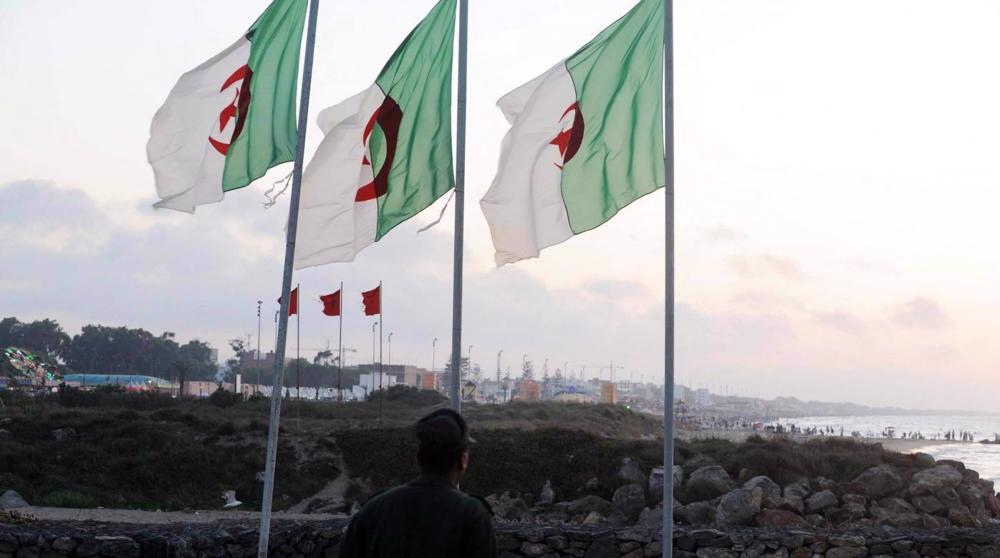
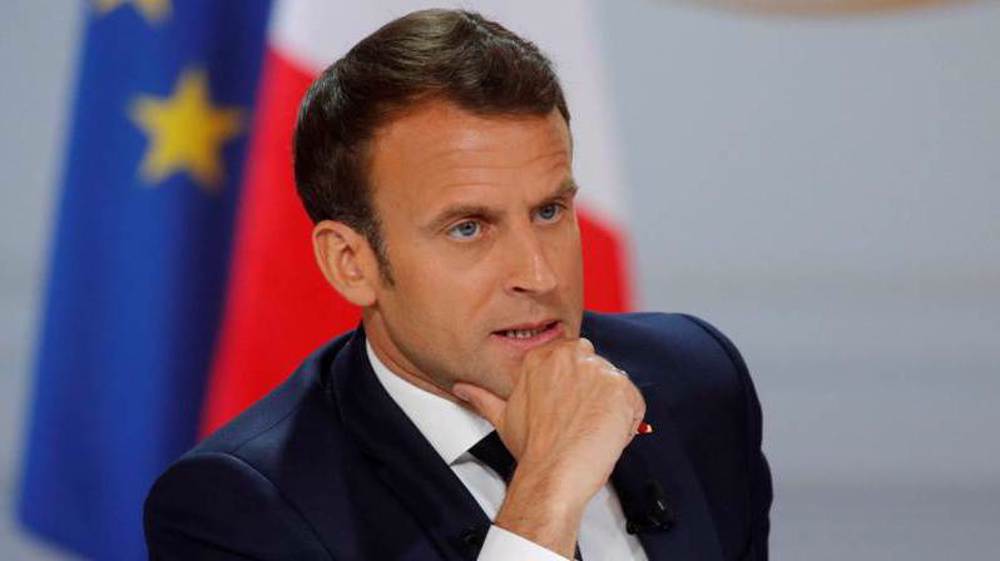
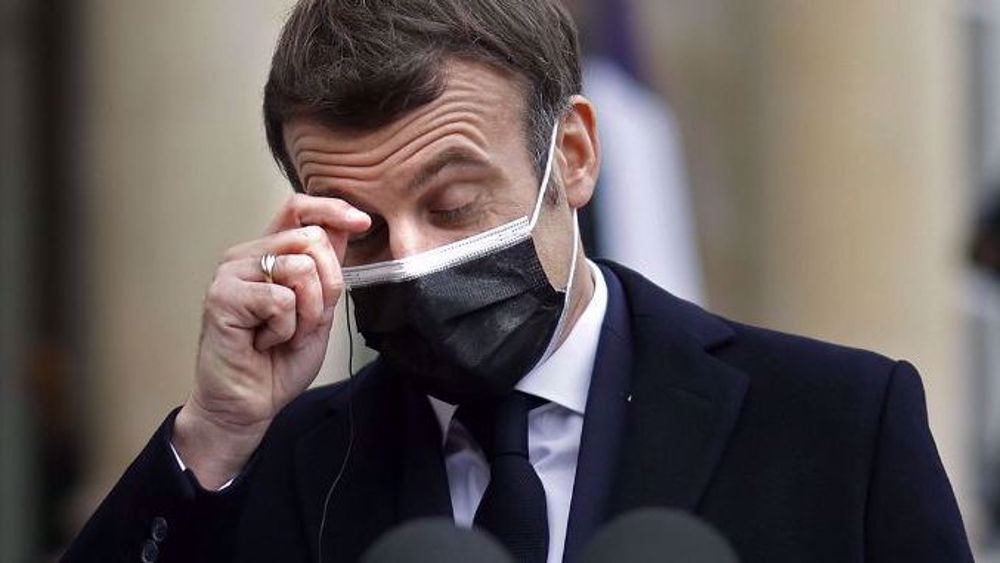

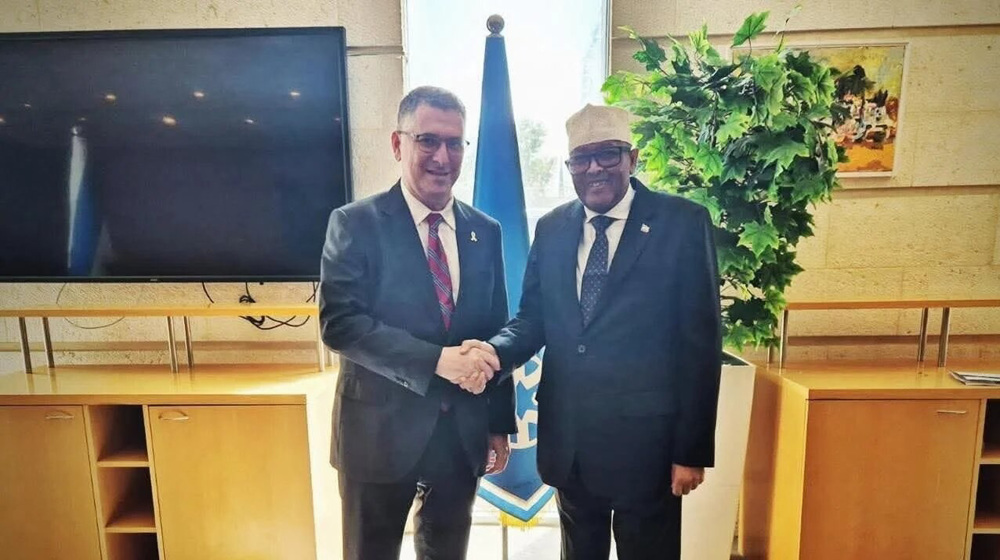
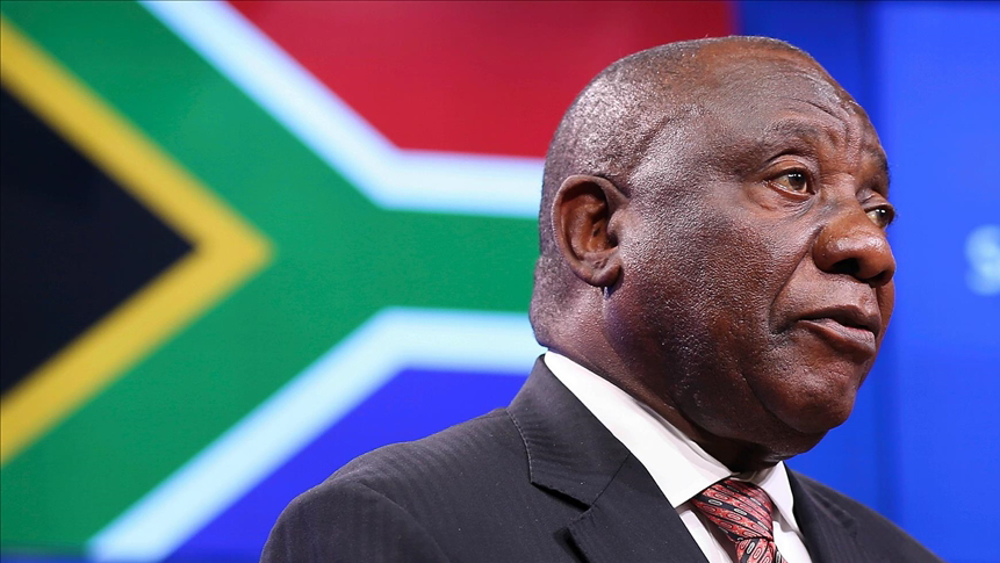



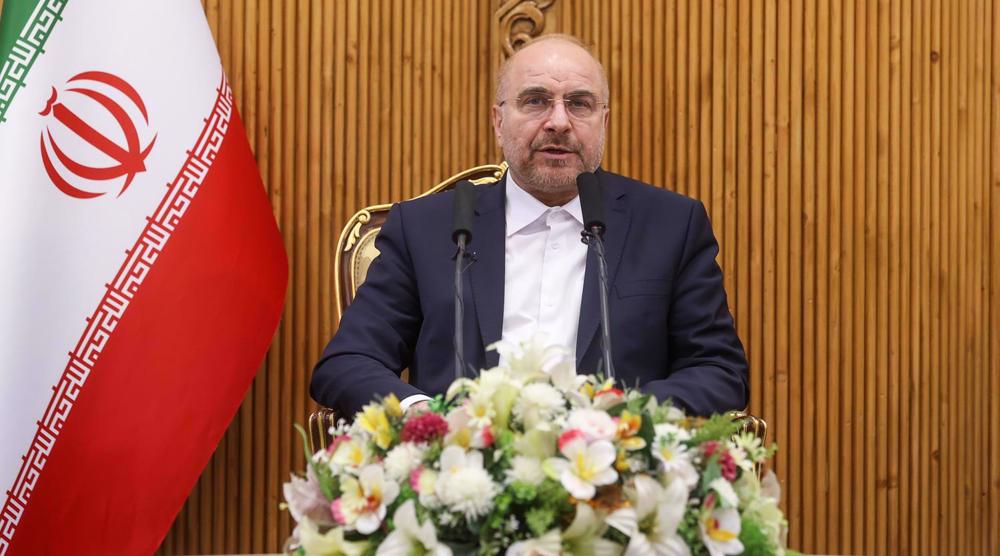
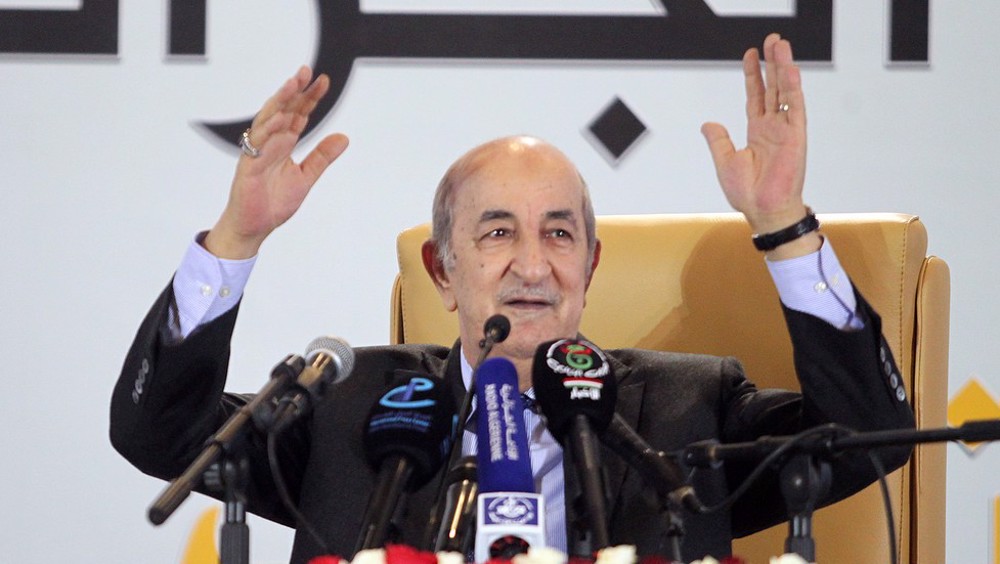
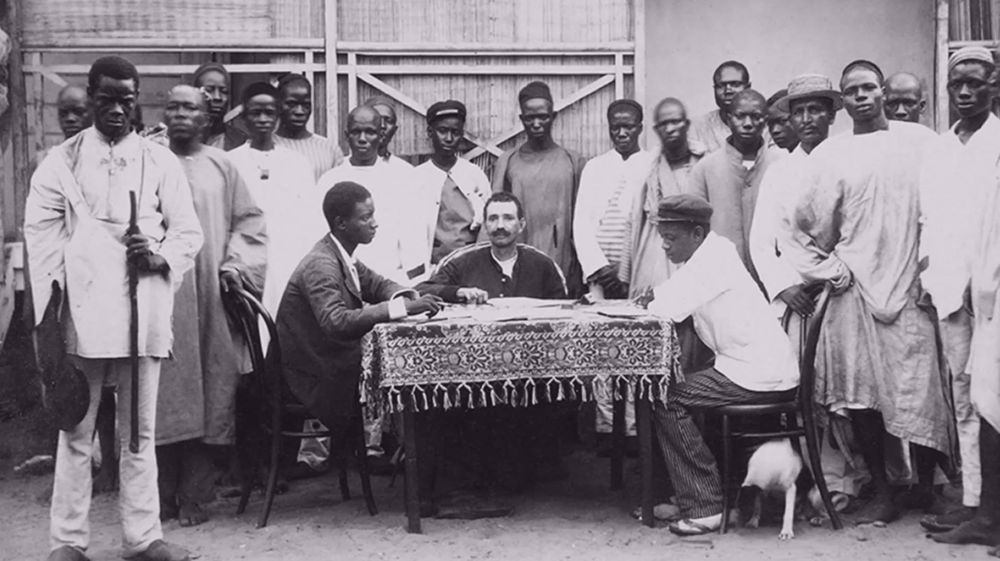
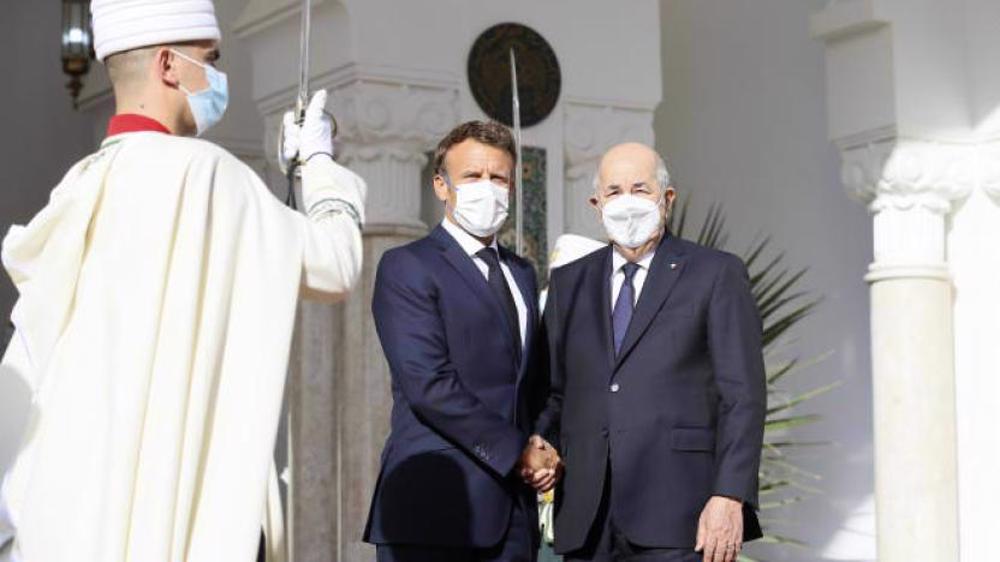

 This makes it easy to access the Press TV website
This makes it easy to access the Press TV website